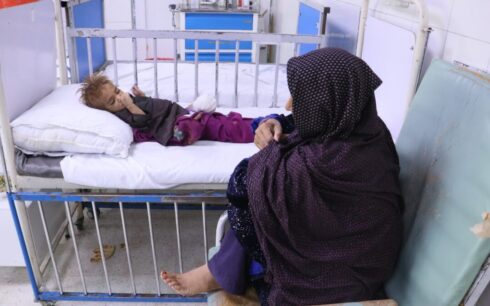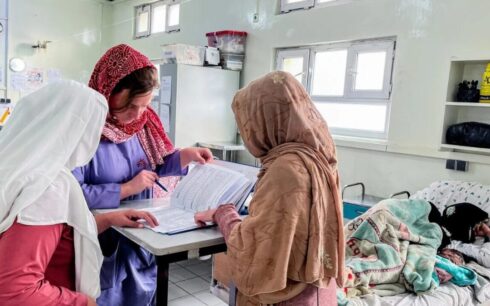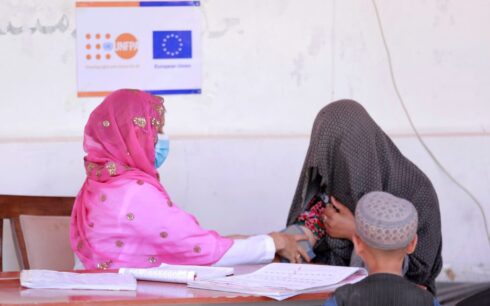KABUL, Afghanistan — The World Health Organization has reported that over 100,000 people in Afghanistan have contracted hepatitis in the past decade. According to Edwin Ceniza Salvador, the WHO representative in Afghanistan, approximately 70,000 of these cases are hepatitis B, while 30,000 are hepatitis C.
In a video released by WHO Afghanistan, Salvador highlighted the global impact of hepatitis, noting that 304 million people worldwide are affected by chronic hepatitis B and C. “Every 30 seconds, a life is lost to hepatitis-related illness,” he stated.
Salvador made these remarks on World Hepatitis Day, observed on July 28, which the WHO commemorated this year with the theme: “It’s time for action.” He urged the people of Afghanistan to prioritize testing, treatment, and vaccination efforts. “We must accelerate our efforts in prevention, diagnosis, and treatment to save more lives and improve health outcomes,” he said.
The call to action comes amid concerns over Afghanistan’s healthcare sector, which has faced severe challenges since the Taliban regained power. Watchdogs have repeatedly warned of a crisis, exacerbated by restrictions on women’s education, leading to a critical shortage of female doctors in the country.




